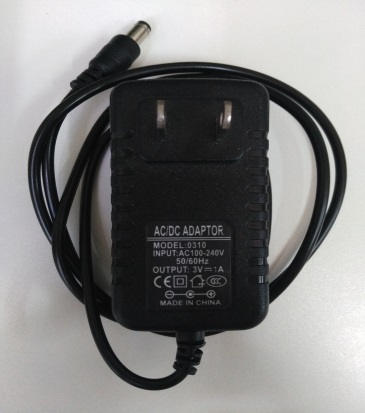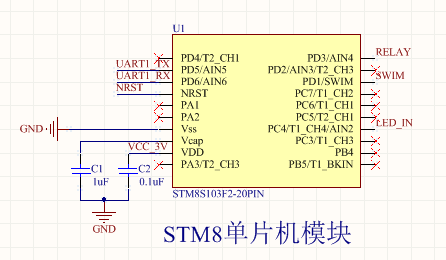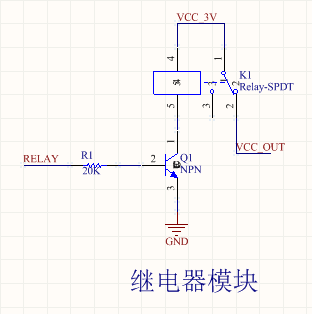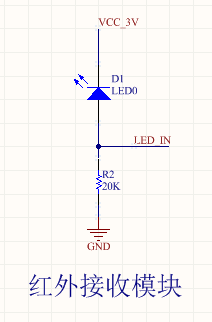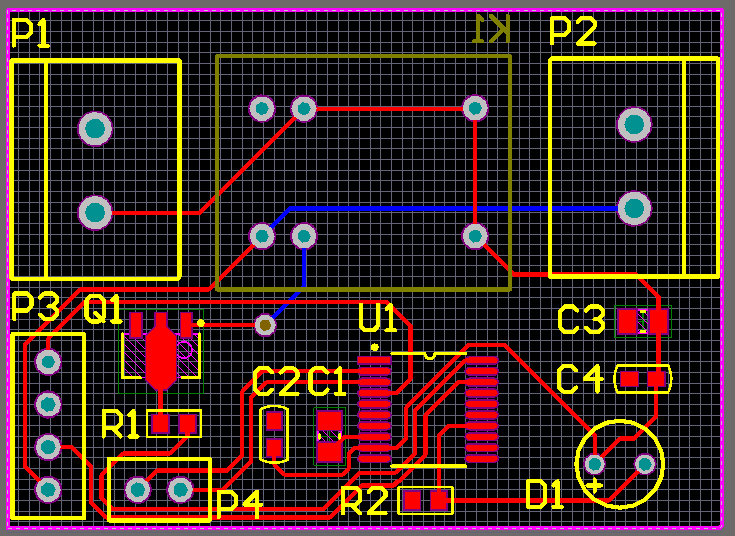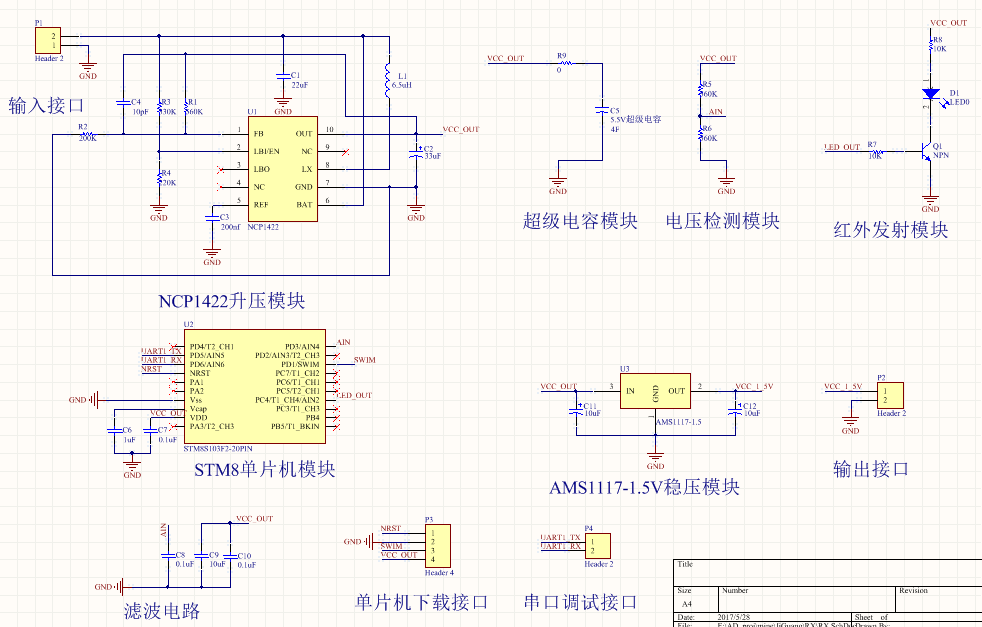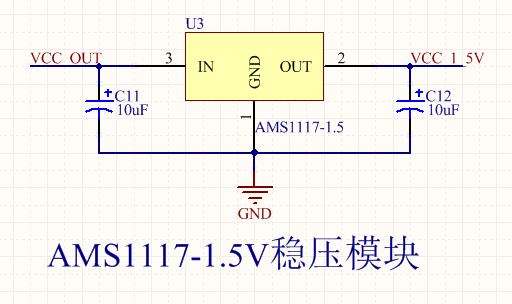一种应用于分布式智能硬件的激光光电能量传输设备实现毕业论文
2020-08-13 20:45:18
摘 要
随着物联网技术和传感器技术的迅速发展,智能硬件逐渐走进大众的视野,大大改善了人们的生活,但伴随而来的是智能硬件的能源问题。由于分布式智能硬件一般数量很多且大多采用一次性电源,经常更换电池难以实现,因此远距离的无线能量传输就变得很有必要。对于长距离的能量传输而言,微波和激光被认为是最有应用前景的两种载体,因此,光电传输对于智能硬件分布式架构具有重要意义。本文选择光电能量传输的激光供能方式,主要研究并实现了一种应用于分布式智能硬件的激光光电能量传输设备。该设备主要包括:电源、激光器、光电池、超级电容等,激光器所发出的光能量,通过光电池转化为电能,将电能存储到超级电容中,达到利用激光给短时用电电路供能的目的。另外,为了实现该设备的自动控制,还加入了红外反馈部分,从而实现充电动作的自动运行,而不需要人为干预。研究结果表明该设备能够利用激光器对超级电容充电,其存储电量可供给燃气灶点火电路进行数次点火动作。此外,本设备还实现了充电自动控制,使得充电时机恰当并且节约电能。所得结果对于解决分布式智能硬件的能源问题具有积极意义。
关键词:智能硬件;光电能量传输;自动控制
Abstract
With the rapid development of Internet of Things technology and sensor technology, intelligent hardware gradually into the public vision, greatly improving people's lives, but accompanied by intelligent hardware is the energy problem. As the number of distributed intelligent hardware in general and most of the use of one-time power supply, often replace the battery is difficult to achieve, so long-range wireless energy transmission becomes necessary. For long-distance energy transmission, microwave and laser are considered to be the most promising two kinds of carrier, therefore, the photoelectric transmission for intelligent hardware distributed architecture is of great significance. In this paper, we choose the laser energy supply mode of photoelectric energy transmission. We mainly study and implement a laser photoelectric energy transmission device which is applied to distributed intelligent hardware. The device mainly includes: power supply, laser, photocell, super capacitor, etc., the laser light emitted by the photovoltaic cells into electrical energy, the power stored in the super capacitor, to use the laser to short-term electricity circuit for the purpose of energy. In addition, in order to achieve the automatic control of the device, but also joined the infrared feedback part, in order to achieve the automatic operation of the charging operation, without human intervention. The results show that the device can use the laser to charge the super capacitor, the storage power can be sent to the gas stove ignition circuit several times the ignition action. In addition, the device also implements automatic charging control, making the charging time properly and saving power. The results are of positive significance to solve the energy problem of distributed intelligent hardware.
Key Words:intelligent hardware; photoelectric energy transmission; automatic control
目 录
摘 要 I
Abstract II
第1章 绪论 1
1.1 研究的目的及意义 1
1.2 国内外研究现状 2
1.3 本课题的主要研究内容 2
第2章 系统模块设计 4
2.1 系统发射端软硬件设计 4
2.1.1 激光器 5
2.1.2 电源模块 6
2.1.3 MCU模块 6
2.1.4 激光控制模块 7
2.1.5 通信模块 8
2.1.6 系统发射端PCB 9
2.1.7 软件部分实现 9
2.2 系统接收端软硬件设计 10
2.2.1 用电电路及稳压模块 11
2.2.2 光电池模块 11
2.2.3 储能模块 12
2.2.4 升压模块 13
2.2.5 MCU及电源采集模块 14
2.2.6 通信模块 15
2.2.7 系统接收端PCB 16
2.2.8 软件部分实现 16
2.3 本章小结 17
第3章 系统功能验证 18
3.1 发射端基本功能验证 18
3.1.1 继电器控制模块功能验证 18
3.1.2通信模块功能验证 19
3.2 接收端基本功能验证 19
3.2.1 光电池充电模块功能验证 20
3.2.2 储能模块功能验证 20
3.2.3 通信模块功能验证 20
3.2.4 电能检测模块功能验证 21
3.3 系统整体测试 21
3.3.1系统功能验证 21
3.3.2系统功耗测试 21
3.3.3系统效率测试 22
3.4 本章小结 23
第4章 总结与展望 24
4.1 总结 24
4.2 展望 24
参考文献 26
致 谢 27
第1章 绪论
1.1 研究的目的及意义
随着互联网、传感器等技术的飞速发展,越来越多的高新科技已经广泛地为人类所使用,尤其是迅猛发展的各类传感器技术,赋予了传统设备对环境进行感知的能力,使得人类可以通过智能化设备来提高自己的生活质量。人们对于可以提高生活效率的智能化设备的需求正在逐步增大[1]。
物联网,以其特有的可实时的完成网络内终端数据传输的优异功能,越来越受到人们的重视。我国“十二五”规划指出,经济的增速和社会的发展离不开科技,尤其是在物联网领域,凭借近几年的虚拟现实横空问世,为物联网插上了一双翅膀,其发展迅猛。物联网的思想最早是在1999年由美国麻省理工学院提出,物联网形成之初主要是构想使全世界的每一个物品都具备特殊且唯一的电子标记符号,从而可以实现对每一件实体物品进行识别,使他们建立联系。其核心思想就是“物物相连的互联网”。
智能硬件是近些年才被提出的一个新名词,由于物联网的飞速发展,人们对于智能硬件的关注度也在逐渐上升。智能硬件的主要思想在于通过将软硬件部分进行结合,对传统设备进一步改造,从而使其具备智能化功能[2]。智能硬件的核心是提供一个适当的解决方案,使得人们能够更加简单的使用某些事物,比如智能家居,可穿戴设备等概念,而分布式智能硬件可以使智能硬件的功能更加完善。
相关图片展示:
